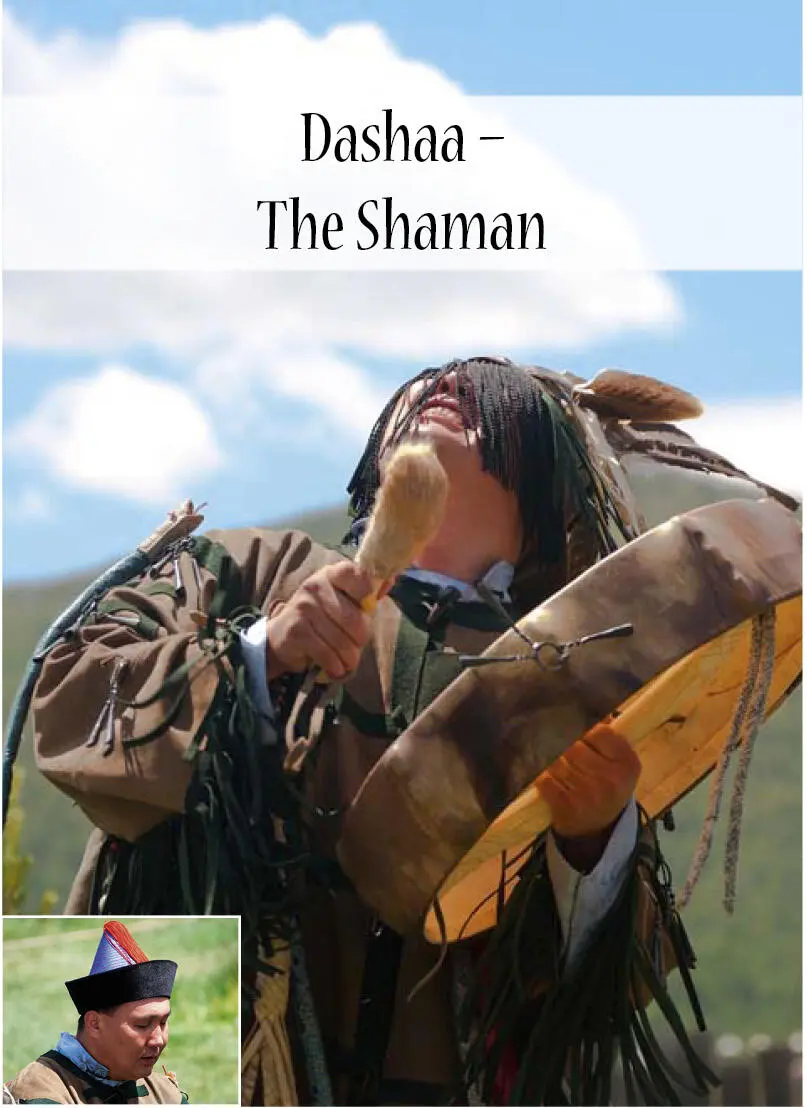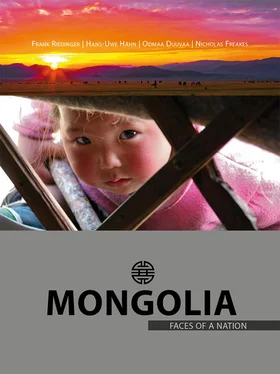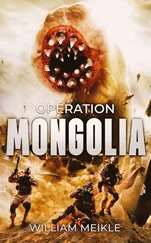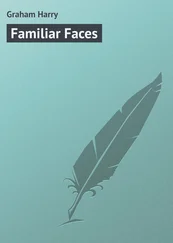Mongolia – Faces of a Nation
Frank Riedinger
Hans-Uwe Hähn
Odmaa Duuvaa
Nicholas Freakes

www.frank-riedinger.de
www.photounddruck.de
www.mongolia-help.org
Contents
Foreword
Dashaa – The Shaman
German Lessons in Ulaanbaatar
Choijin Lam Sum Temple Museum
Gandantegchinlen Khiid
The legend: ”White Tara“
The legend: “River Tuul“
Takhis or Przewalski’s Horses
Baigaljav – The Horse Head Fiddle Maker
The legend: “Khukhuu Namjil“
Tsagaan Sar
The Mongolian Family
Tsaagan Arkhi (Vodka of the Mongolian steppes)
The Camel Festival in Bulgan Sum
Nergui – The Gold Hunter
The legend: “The three Beauties“
Meetings in the South Gobi
Saxaul
Tooroi Bandi – The Mongolian Robin Hood
The good men of Tooroi Bandi: “The Oath“
Zunduidavag – The Old Burjate
Amarbayasgalant Khiid
The legend: “Amarbayasgalant“
With the Tsaatan
Deer stones
On Horseback
Horse Breeders
The legend: “Silver tree“
Naadam – The Three Games of Men
Wrestling outfits
The legend: “Tsagaan Nuur“
1,700 Kilometres by Post Bus
Aishok – The Little Schoolgirl
Murat – The Furnace Builder
The legend: “Seven Suns“
Kairatkhan – The Eagle Hunter
The Nines of Winter in Mongolia
The Kazakhstani Family
Stone Babas
Glossary
Interviews
Zagdsuren
Nyamdavaa
Murat
Ariunaa
Tumursukh
Saruul
Batsaikhan
Irlan
Gombosuren
Enkhtsetseg
Kairatkhan
Ayurzana
Baigaljav
Ochiroo
Murat
Davaanyam
Enkhjargal
Saintsetseg
Chinbat
Altantuya
Janatkhan
Ragchaa
Vasya
Balgansuren
Turbat
Dalaikhan
Battulga
Umurbek
Jim Reichert
Munkhbayar
Byambajav
Impressum
During the numerous trips that I have made to Mongolia, I have been bombarded by a wealth of new and unfamiliar impressions. The natural world, so rich in contrasts, brings many surprises with its distinctive characteristics, all of which make this Central Asian country so unique.
But it was the open-hearted and hospitable character that the people showed towards me as a foreigner, which awakened my greatest affection and fondness. I was deeply moved and affected by being able to participate in their lives, to experience their genuine satisfaction at their modest and frugal existence and to share their happiness and their concerns, both large and small. Over time, passing acquaintances have grown to become firm and lasting friendships and my Mongolian friends were happy for me to join them at family celebrations and to become a part of their personal activities.
I have experienced a country undergoing change. The focus is no longer on being the homeland of the great Mongolian Chinggis Khaan but on the current situation within its society and the fate of the individuals that make up that society. The people are facing a period of rapid development and are having to handle and come to terms with the conflict between the modern and the traditional, with the mix of poverty and wealth and with the situation of shortages and excess. And all of this results in attitudes and behaviour that can be contradictory and inconsistent.
I am delighted to be able to let you share in the encounters and experiences that I have had. This book, “Mongolia – Faces of a Nation”, reflects the events and the feeling of closeness to the people that I was privileged to experience on my trips through this fascinating country.
Frank Riedinger

The initiation ceremony of Dashaa the Shaman has not yet started when I reach the weekend house north of Ulaanbaatar. Children are playing around the parked cars. A man on a horse moves through the assembled guests. I look around, searching for a familiar face. Then I hear my name being called out. Dashaa’s friends and relatives are waiting for me in the shade of the house. Battulga, who I am also meeting here, says somewhat ambiguously, that the evocation of the spirits will only be successful once I am present. I doubt that to be the case, but his serious expression makes me unsure. I notice a few pensive looks. For some, the upcoming ceremony seems to be a bit disconcerting and they question what the unusual family gathering portends. To welcome us, we are all given a small silver chalice as we arrive, Agenately filled with milk and vodka. To start with, the chalice has to be offered up to heaven accompanied by expansive gestures and then the contents have to be downed in one. At the same time, you are meant to whisper your most secret wishes.
Eight years earlier, Dashaa had visited a Shaman society in the capital, in order to give support to a friend of his. His friend’s mother was seriously ill and it was uncertain how long she still had to live. When Dashaa started questioning the Shamans, they became infuriated and dismissed him angrily. Scared and intimated, he asked them why they were reacting like that. They told him that they saw in him a connection with heaven. His ancestors had also been Shaman. He should be able to know himself what the fate of his friend’s mother would be. Confused and alienated by the experience, the two friends went home.
Dashaa started to suffer from fainting fits accompanied by allergic skin reactions, which he had never had before the meeting. He visited four Mongolian Shamans, who all pronounced the same judgement: “You have been selected! You must become a Shaman! The fainting fits should be seen as a sign from heaven. If you don’t take this path, something bad will happen to you in the future.” After a long period of reflection and consideration, Dashaa decided to become a Shaman. In his normal life, he is a gallery owner and an artist, a quiet, reserved man who enjoys life surrounded by the security of his family. It is not easy to take on board the trappings of Shamanism as an older person, so, Dashaa secured the services of an older, very experienced lady teacher who was able to give him advice and support in all aspects of the faith.
Now the old Shaman lady is attired for the ceremony. As her assistants move around her making the preparations, I see the colours of the garment flashing. The light of the midday sun captures every detail. The sky is a cloudless, transparent blue. We are led into the garden and positioned in a large circle. The circle stands empty, its centre still concealed. Scarcely any of the spectators appear to know what awaits us. And Battulga’s comment keeps going round in my head. I ask myself how I should behave. As Dashaa’s friend, I am one of the invited guests and am allowed to photograph the ceremony as it unfolds. That is a mark of trust and I don’t want to make any mistakes. Fortunately, I have my camera to hand and as soon as I start to take some pictures, I feel more secure. But I am aware of the effect it will have on others and I have to respect that.
Next to me, I hear Dashaa’s father talking. He is looking towards the man standing next to him and both are talking about the cost of the weekend house that is still in the early stages of construction. An ear-splitting drumming interrupts the conversation and as if she has sprung up out of the ground, the Shaman lady is standing behind me. Shocked by her sudden appearance, I move to one side. Accompanied by rhythmic drumbeats, further gestures and gyrations of her upper body, the Shaman teacher dances into the circle made by the spectators. Everyone is looking at the whirling figure. The hollow, pulsating beats, the sounds and the movements, the drumming and the dancing all merge into one. It cannot be long until she achieves a state of trance. She falls heavily to the ground. She has sensed the nearness of the spirit. Now her young assistants bring forward some selected persons who may use this opportunity to question her about their fate. I see a mix of anxiety, hope and joy in their faces and their reactions and the sheer horror as she pushes one of them away violently. The spirit that has invaded her, has cast this person out.
Читать дальше














